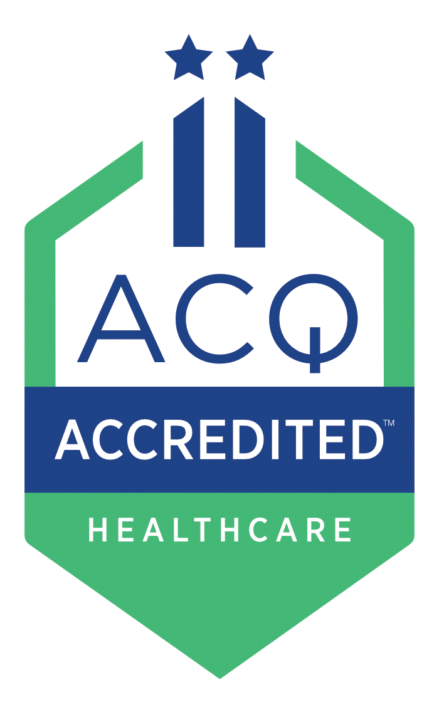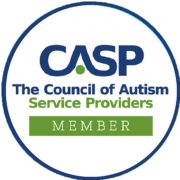BCBS & Medcost ABA Therapy Coverage in NC – What Parents Need to Know
Since 2021, every US state has required certain health insurance plans to cover autism-related services, including Applied Behavior Analysis (ABA) therapy. With the benefits of ABA therapy being so significant, this is a tremendous win for the families and more than two million children and adolescents in the US who are diagnosed with autism today. […]



